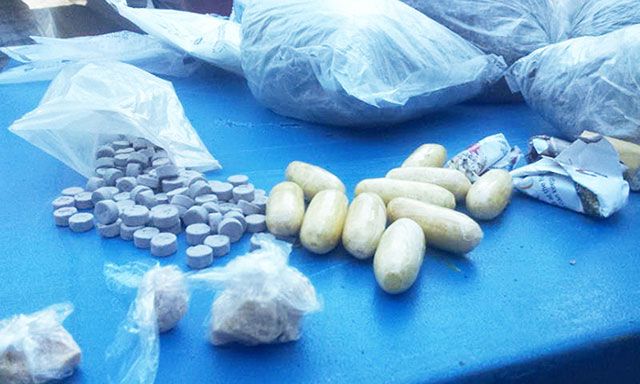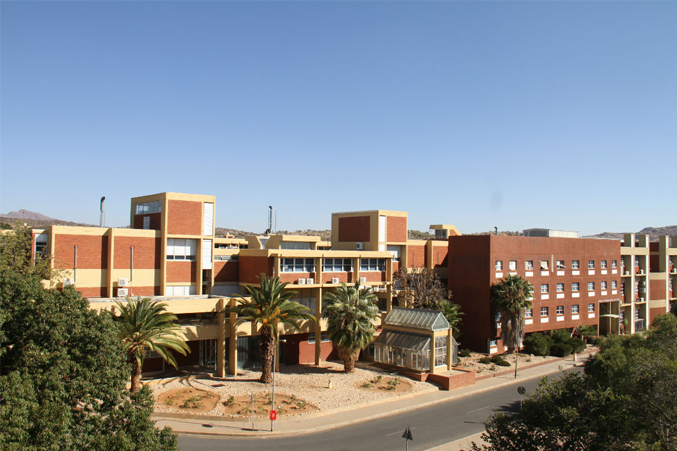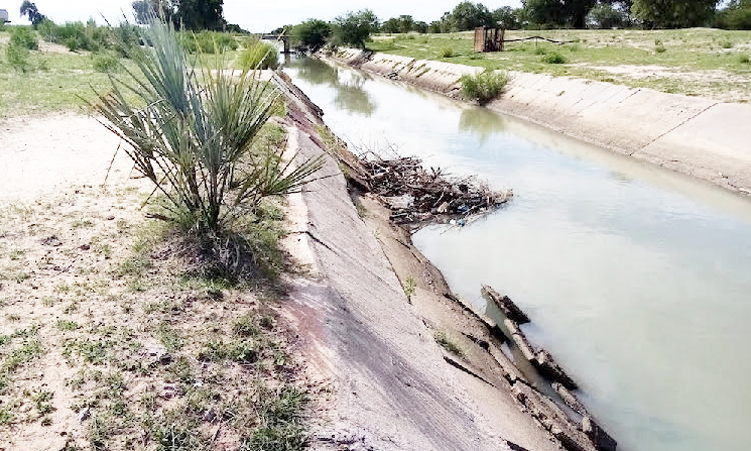Minister of finance and public enterprises Iipumbu Shiimi says the total asset value of enterprises in the country stands at N$119 billion, with a net asset value of N$50 billion.
He says there are currently 81 public enterprises in the country.
Shiimi was speaking at the launch of the public enterprises ownership policy on Monday.
He referred to the performance of public enterprises as mediocre.
Shiimi said service delivery within these enterprises is ineffective.
“It’s known that the performance of a number of enterprises is mediocre, and service delivery is ineffective, and that affects our national competitiveness,” he said.
According to the minister, public enterprises are negatively affecting and draining the country’s fiscus.
Shiimi yesterday during the mid-term budget announcement also said the constant bail out of public enterprises is also taking money away from addressing pressing social needs.
The minister said the policy aims to maximise value for society through the efficient allocation of resources.
Consequently, the policy provides the general public and private sector with a clear understanding of the state’s overall objectives and priorities as a shareholder in public enterprises, the minister said.
According to the policy’s draft document, the state can only achieve its economic growth and national development objectives where public enterprises are professionally, actively, effectively and transparently owned by it.
“It is the expectation of the state that each public enterprise must annually account and report on how it contributes to the state’s strategic objectives for enterprise ownership,” it reads.
The document calls for all public enterprises to be owned and function exclusively in the best interests of the state and in the relevant public interest, with due regard for the purpose the involved public enterprise was established for.
“As such, personal or political conflict of interest that is detrimental to public, societal or national interests within a public enterprise is strictly prohibited and should be avoided,” the draft reads.
Stay informed with The Namibian – your source for credible journalism. Get in-depth reporting and opinions for
only N$85 a month. Invest in journalism, invest in democracy –
Subscribe Now!









